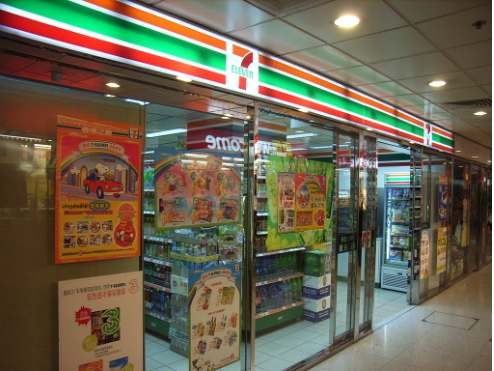Japanese chemical company and solar cell manufacturer Kaneka has announced it is supplying bifacial heterojunction solar modules based on its cell technology.
In a short statement, the company said the panels will be used for a verification test on a 7-Eleven store powered entirely by renewable energy.
“This verification test will be carried out as an initiative based on the agreement on cooperation and collaboration in promoting SDGs [sustainable development goals] between 7-Eleven Japan Co, Ltd. and Kanagawa prefecture, as well as the environmental declaration of Seven & Holdings Co, Ltd,” said Kaneka. pv magazine has asked the company for information about the two agreements.
“The solar cells used in this verification test can achieve good power generation efficiency and temperature characteristics by using heterojunction technology, which uses high-quality amorphous silicon developed by us to suppress defects on the silicon substrate surface that degrade power generation characteristics,” Kaneka said in its press release.
It is unclear if the modules are based on the record solar cell Kaneka announced in August 2017. That 180cm² crystalline silicon device, which featured heterojunction and back-contact technology, achieved 26.63% efficiency, a performance which beat the company’s previous record of 26.33%, set in September 2016.
According to the Kaneka website, the company sells three types of thin-film module for building-integrated PV projects, as well as modules for electricity-generating windows and walls.
In quarterly results published on Saturday, the company said its PV & energy management unit – which includes residential energy storage – saw sales for high-efficiency solar panels increase as profitability improved in line with advanced structural reforms of the business.






